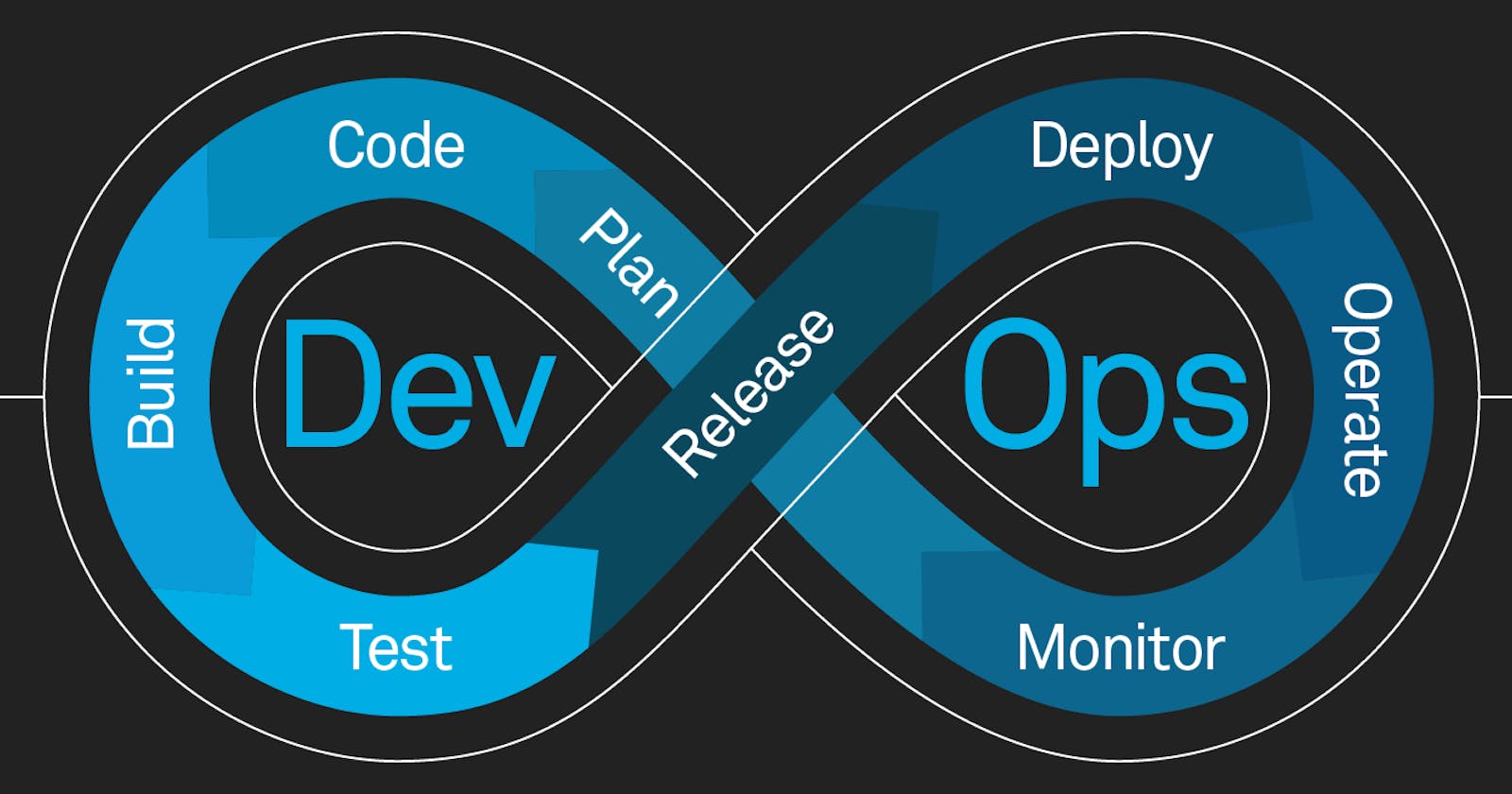DevOps is a software development approach that emphasizes collaboration, communication, and integration between software development and IT operations teams to deliver high-quality software products quickly and efficiently. It involves the use of various tools, techniques, and methodologies to automate and streamline the software development and delivery process, from building, testing, and deploying to monitoring and maintenance. DevOps practices aim to reduce development cycles, improve software quality, increase deployment frequency, and enhance the overall user experience while minimizing the risk of errors and downtime. It is based on principles such as continuous integration (CI), continuous delivery (CD), and continuous deployment (CDP), among others.
What is Automation, Scaling, and Infrastructure?
Automation, scaling, and infrastructure are three interrelated concepts that are often used together in the context of software development and operations.
Automation refers to the use of technology and software to perform tasks and processes that would otherwise be performed manually by humans. This includes tasks such as software testing, deployment, and monitoring, among others. Automation is critical in achieving efficiency, speed, and consistency in software development and operations.
Scaling refers to the ability of a system or application to handle increasing levels of traffic, data, or demand without compromising performance or availability. Scaling can be achieved through various techniques such as horizontal scaling, where additional servers are added to handle the load, or vertical scaling, where existing servers are upgraded to handle more load.
Infrastructure refers to the underlying hardware, software, and network components that support the operation of a system or application. This includes servers, storage devices, databases, and networking equipment, among others. Infrastructure is critical in ensuring the reliability, security, and performance of a system or application.
Together, automation, scaling, and infrastructure form the backbone of modern software development and operations, enabling organizations to deliver high-quality software products quickly and efficiently while ensuring optimal performance and scalability.
Why DevOps is Important?
Faster Time-to-Market: DevOps practices enable organizations to deliver software products more quickly and efficiently. By automating the software development and delivery process and using continuous integration and continuous delivery techniques, DevOps teams can reduce development cycles and deliver new features and updates to customers faster.
Increased Collaboration: DevOps practices encourage collaboration and communication between development and operations teams, breaking down silos and enabling teams to work together more effectively. This leads to better alignment between teams, improved understanding of requirements, and faster resolution of issues.
Improved Quality: DevOps practices emphasize testing and automation, which helps to improve the quality of software products. By automating testing and other quality assurance processes, DevOps teams can identify and resolve issues more quickly, reducing the risk of defects and downtime.
Scalability: DevOps practices enable organizations to scale their software development and delivery capabilities more effectively. By using automation and continuous delivery techniques, DevOps teams can handle increased demand and deliver software products that can be easily scaled to meet changing customer needs.
Reduced Costs: DevOps practices can help to reduce the costs of software development and delivery by improving efficiency, reducing errors, and minimizing downtime. By automating repetitive tasks and using efficient processes, DevOps teams can save time and resources, enabling organizations to achieve more with less.

